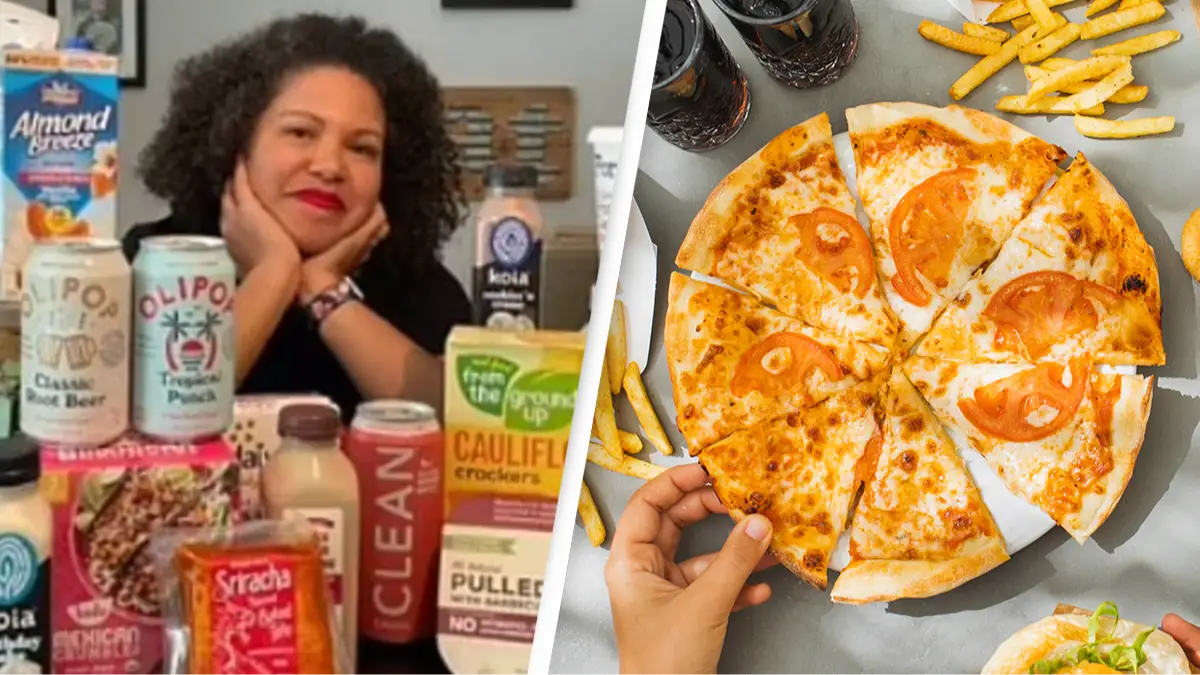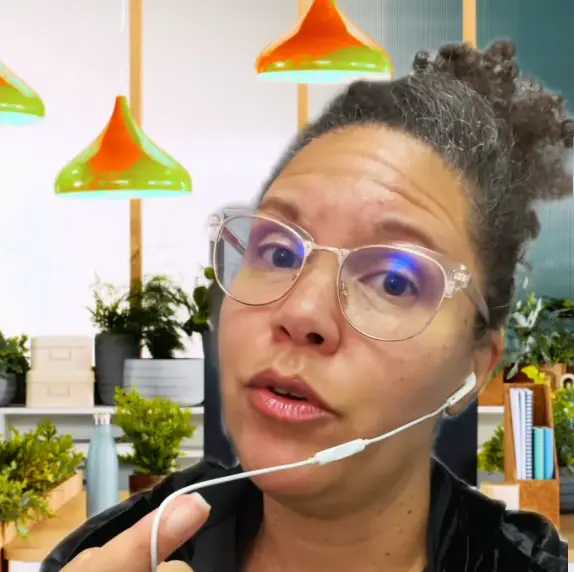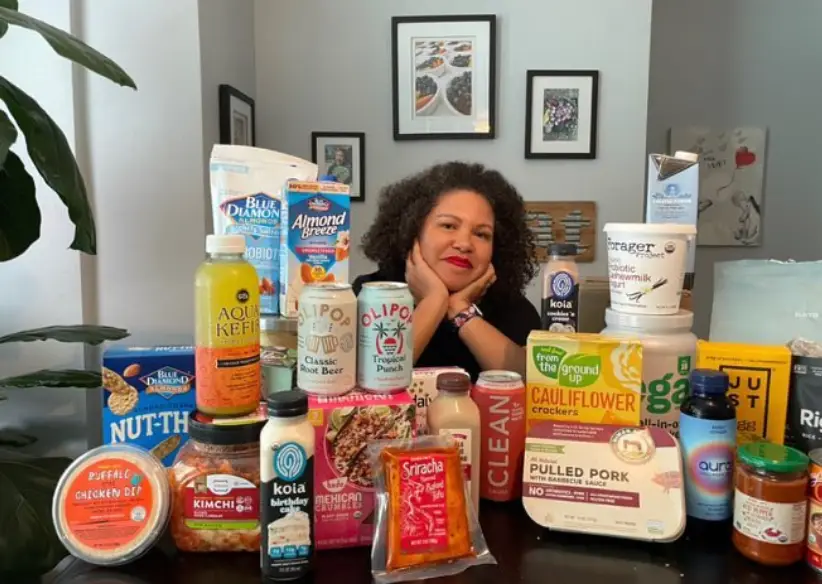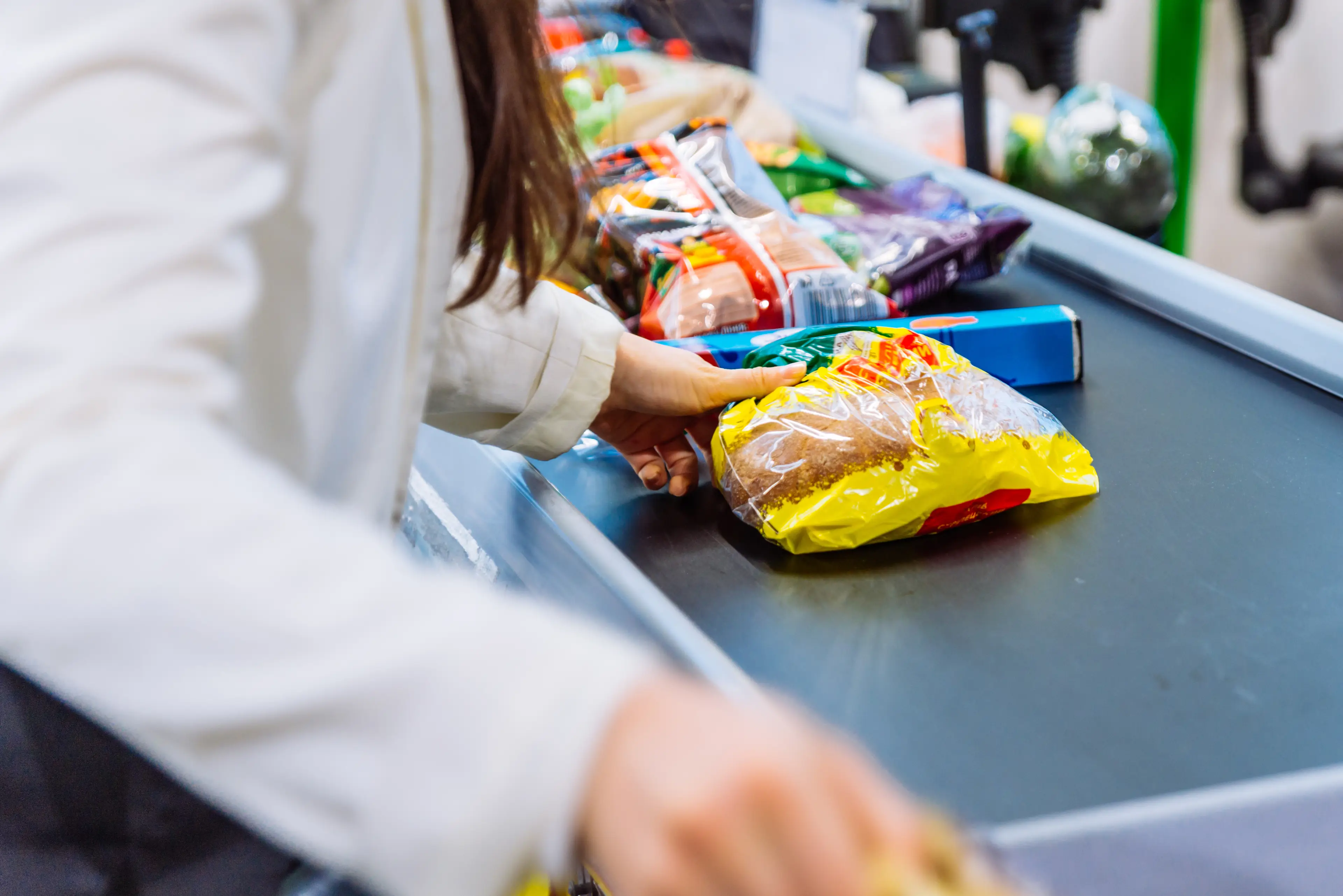
This article contains discussion of food habits and calorie counting that some may find distressing.
A dietician has revealed what happened when almost everything she ate for a whole month was made up of ultra-processed foods.
One week it's carbs, the next you're meant to cut out another food group and the latest target has been ultra-processed foods. It can certainly be hard to keep up and such banning and shaming can have damaging consequences for those who don't have a steady relationship with food anyway - or simply don't have as much of a choice over what to eat.
Dietician Jessica Wilson has since questioned why this 'entire category of foods' is 'something we're supposed to avoid' and in a bid to find out, decided to make at least 80 percent of her daily calorie intake ultra-processed for a whole month.
Advert
Responding to Dr Christoffer van Tulleken spending a month eating mostly ultra-processed foods to monitor the effects and outcome, Wilson said in a post to Instagram when it comes to people taking such a strong stance against ultra-processed foods, it's 'clearly about race, class and access'.
"We have the same examples of ultra processed foods that we hear time and time again. It's soda, it's sugary cereals, it's microwaveable meals, things that are easy and low cost to make," she continued. "The criteria for what makes an ultra processed food is incomprehensible."
So, in a bid to 'make senes of these guidelines' and get to the bottom of whether or not the demonizing of ultra-processed foods is valid or not, the dietician revealed she'd be getting on a diet where 'even more than 80 percent of [her] calories come from ultra processed foods' - with the help of a food engineer - to show 'it's really about race, class elitism and access'.
But how did it go?

What the dietician ate
Well, TIME reports Wilson ate soy chorizo instead of eggs as an example of a ultra-processed breakfast.
Instead of eating something like beans with avocado and hot sauce for lunch, the dietician grabbed a ready-to-eat tamales from Trader Joe's.
Snacks consisted of cashew-nut yogurt with jam and dinners sometimes looked like chicken sausages with vegetables and Tater-Tots or Costco pupusas.
And after a whole month of at least 80 percent ultra-processed foods every single day, Wilson felt remarkably different - but not in the way you might, at first, think.

The results
In a post to Instagram, Wilson said she 'surprisingly felt better' after just 'two weeks' of the diet.
"At the end of my meal I have no idea what my hunger hormones were doing but it was great not to be hungry in an hour and to go longer periods without having to forage for food," she said.
She added she thinks she wasn't actually 'eating enough' food before embarking on her ultra-processed diet.
And despite multiple studies over recent years connecting a diet with more ultra-processed foods leading to a rise in anxiety and depression, Wilson told TIME she actually felt less anxious and had more energy - so much so, she didn't feel the need to drink as much coffee.

The overall picture
The dietician reminds the definition for 'ultra-processed food' is still very conflicting and there's no clear definition, so how can anyone say the whole category of food is 'bad'?
While there are varying and conflicting studies on the health benefits and pitfalls of diets high in ultra-processed foods, Wilson questions people to consider 'the reasons a high UPF diet could be beneficial for someone living in late stage capitalism and the options out there outside of the stereotypical McDonald’s and soda?'
Registered dietitian and policy and public affairs manager at the nonprofit World Cancer Research Fund International, Kendra Chow, echoed the answer is certainly not 'stigmatizing a broad category of foods that also includes lower-cost, accessible options, especially without providing an alternative or improving access and affordability of healthy foods'. Also, van Tulleken has even since said he doesn't think a ban would be practical either given their need for those of a lower socio-economic status.
Wilson resolved: "I think the public deserves to have something other than scary stories about UPFs. You?"
Topics: Food and Drink, Health, World News, Science